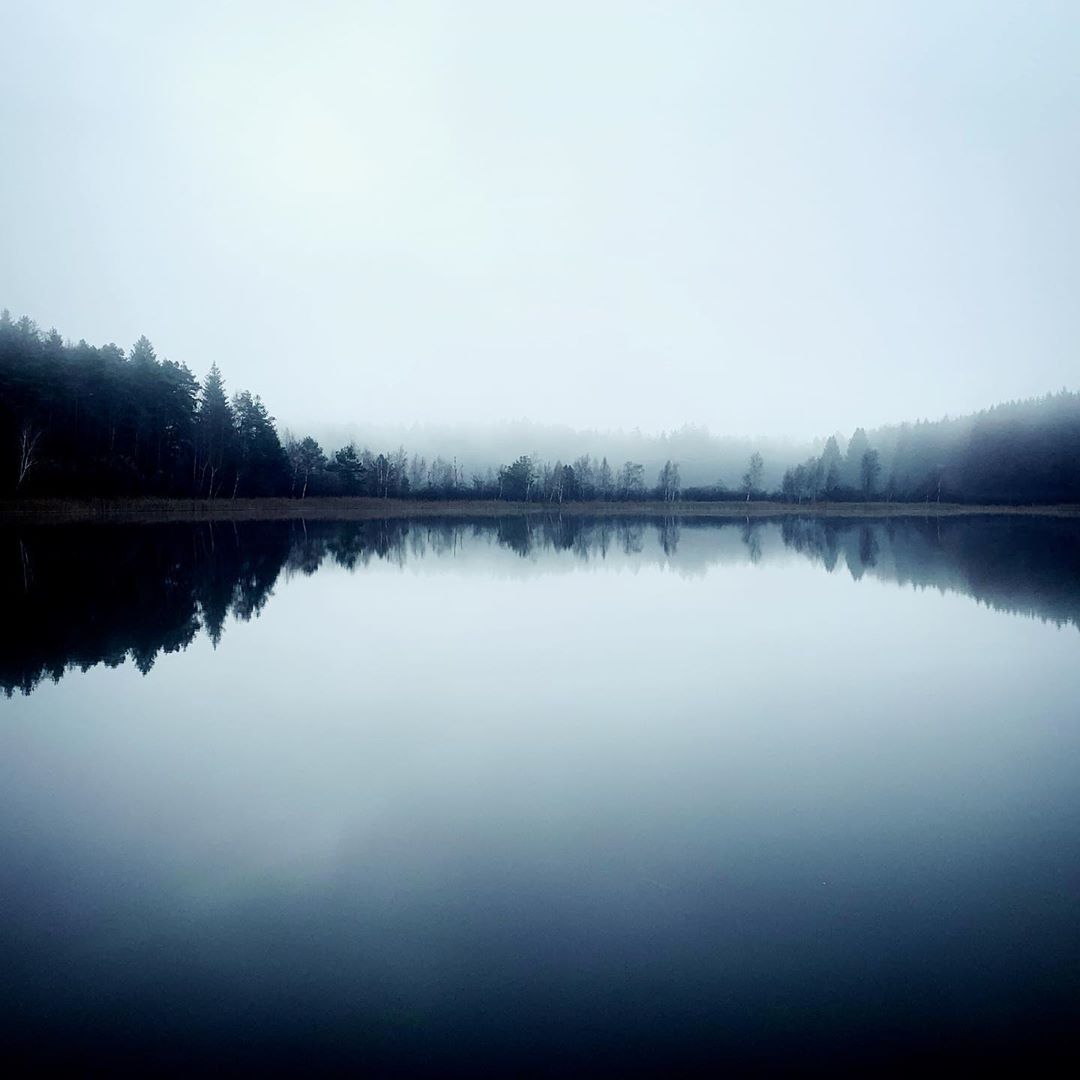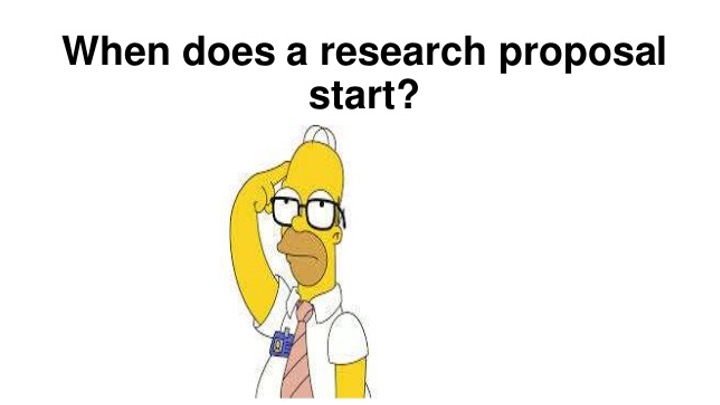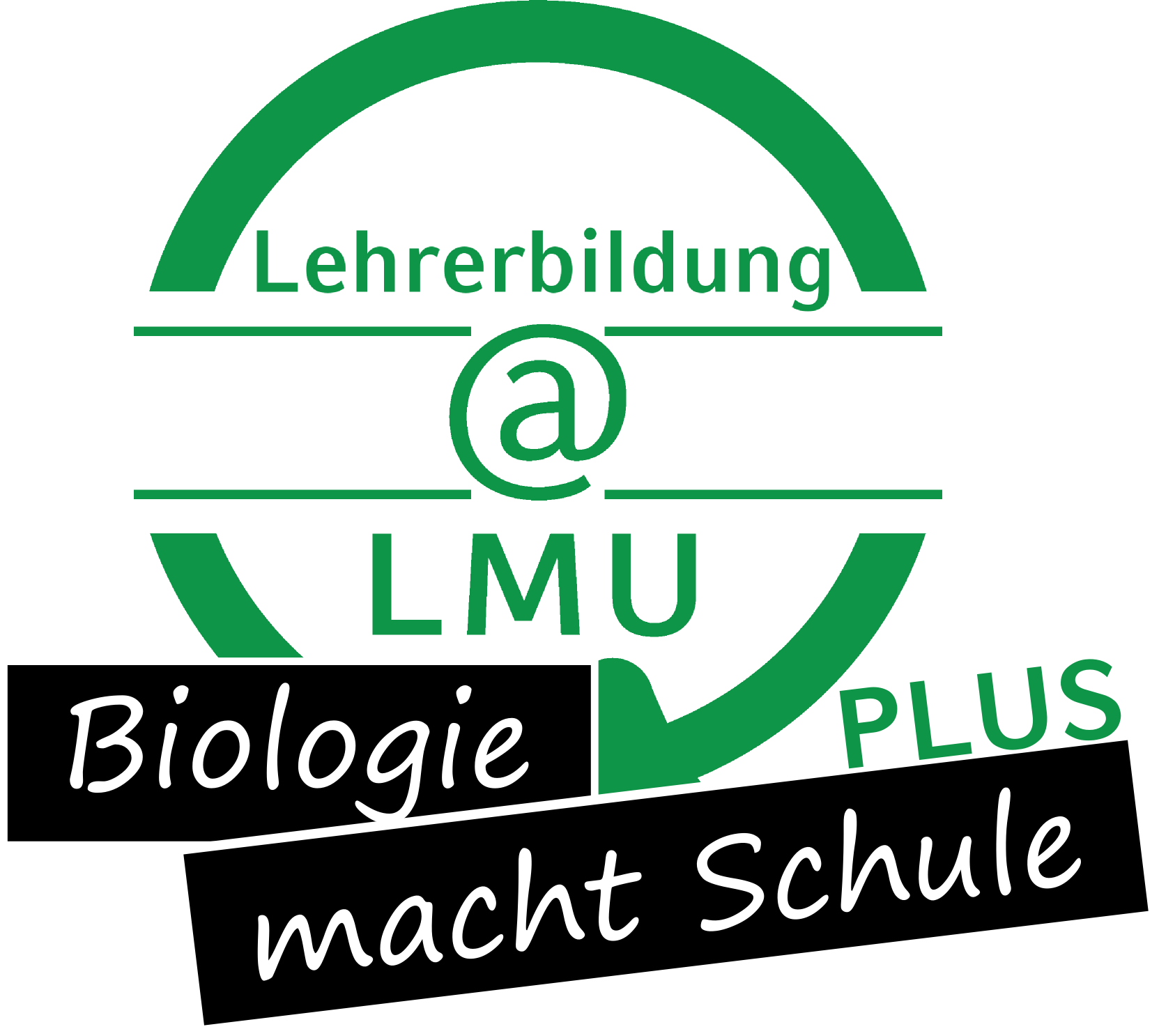
- Trainer/in: Niels Dingemanse
- Trainer/in: Nicolas Gompel
- Trainer/in: Herwig Stibor
- Trainer/in: Cristina Tuni
- Trainer/in: Cristina Tuni
- Trainer/in: Herwig Stibor
- Trainer/in: Maria Stockenreiter
The students will be able to integrate knowledge from various
disciplines such as biology, chemistry and physics to deal with the
complexity of aquatic systems and their various ecosystem functions and
services. Based on this, students will be able to apply these
capabilities to estimate how anthropogenic disturbances (global change,
eutrophication) affect aquatic ecosystems services considering
scientific evidence.

- Trainer/in: Herwig Stibor
- Trainer/in: Maria Stockenreiter
- Trainer/in: Niels Dingemanse
- Trainer/in: Cristina Tuni
- Trainer/in: Richard Merrill
- Trainer/in: Timea Neusser
The students will learn to interpret new research findings in the field of ecology by extracting main outcomes of scientific publications and present it to an audience. They will be able to lead discussions about experiments/analysis of a wide field of ecological topics and exchange their ideas.
- Trainer/in: Maria Stockenreiter
- Trainer/in: Richard Merrill
- Trainer/in: Cristina Tuni
- Trainer/in: Vera-Maria Warmuth
The goal of the seminar is to prepare each student for writing
scientific grant applications. Students find and read relevant
literature; write a research plan and discuss this plan with various
people; preliminary data or preliminary analysis needed for the proposal
can be collected by IRT3 or other reserach internships/courses. They
write a grant proposal in the format of large funding agencies (e.g.,
DFG or DAAD). Finally, students present their proposals with a talk at
the IRT3 Conference.

- Trainer/in: Maria Stockenreiter
- Trainer/in: Cristina Tuni
- Trainer/in: Niels Dingemanse
- Trainer/in: Dirk Metzler
You have to give a scientific presentation and want to ...
- know how to start
- where do you find reliable background information
- improve your slides
- connect with your audience
- find a good finish
- know what
is constructive feedback
This e-learning course will help you.
You
have to work step by step to see the next learning chapter. The
spending time is depending on your background and insensitivity working with
the exercises (approximately 2-3 hours).
The course is originally developed for a group of students to work through the course together to share their ideas and to give peer-to-peer feedback.
Nevertheless you can go through the exercises also on your own to improve your presentation skill.
Good luck!
- Trainer/in: Herwig Stibor
- Trainer/in: Niels Dingemanse
- Trainer/in: Cristina Tuni
- Trainer/in: Niels Dingemanse
- Trainer/in: Cristina Tuni
Students will have to transform tests of basic ecological concepts into
experimental designs and experiments. Students will be able to work in
teams and coordinate various tasks such as constructing experimental
microcosms, making culture media, cultivate plankton organism, measure
responses of experimental manipulations on various levels and share and
analyse data. Students will be able to evaluate and confront their
results with the experimental hypotheses and defend their arguments in
scientific discussions
- Trainer/in: Herwig Stibor
- Trainer/in: Maria Stockenreiter
- Trainer/in: Lasse Bräcker
- Trainer/in: Niels Dingemanse
- Trainer/in: Nicolas Gompel
- Trainer/in: Joachim Haug
- Trainer/in: Herwig Stibor
- Trainer/in: Maria Stockenreiter
- Trainer/in: Cristina Tuni
- Trainer/in: Natascha Zhang
- Trainer/in: Niels Dingemanse
- Trainer/in: Herwig Stibor
- Trainer/in: Maria Stockenreiter
- Trainer/in: Cristina Tuni
- Trainer/in: Natascha Zhang